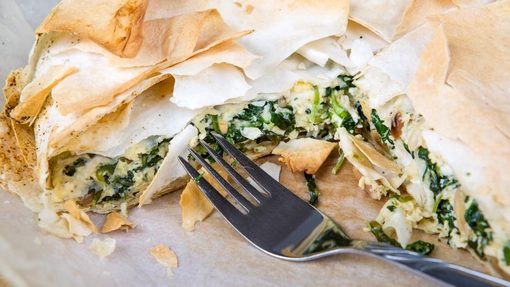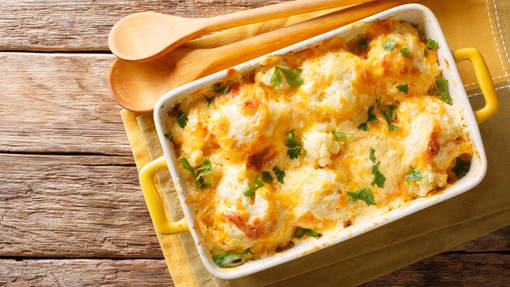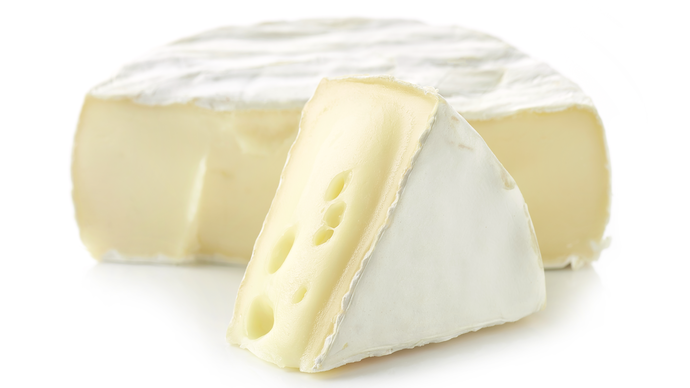Soft cheese such as Brie, Camembert, Gorgonzola and feta, is made from milk and comes in a wide range of flavours. It’s a great addition to many meals and is also enjoyed on its own, often eaten with fruit. Cheese contains vitamins and calcium which the body needs to stay healthy, however, it can also be high in saturated fats so eating cheese in moderation is recommended.
How to store
How to store soft cheese
Cheese like Brie, Camembert and Feta should be well wrapped and stored in an airtight container in the fridge. Cream cheese and Ricotta should be stored in their original container and sealed closed.
Freezing soft cheese
Freezing soft cheese is not recommended as it's likely it will make them watery.
Cheese (Soft) top tips
How to freeze and defrost
Soft cheese doesn’t freeze well but it can be added to savoury sauces. Try making a pasta sauce with your soft cheese, and then freeze it for another day.
Be fabulous with leftovers
Leftover cream cheese can be used to enrich a frittata, omelette or mashed potato. Alternatively, try making a ‘cheats’ cheesecake by mixing it with double cream and orange zest, then pour over crushed gingernut biscuits, leave to set in the fridge and drizzle it with jam.
Buying tips
Buy the right pack size for your needs. Think about whether you’ll get through the whole pack before the Use By date and how long you have to use the food once the pack has been opened.
Perfect portions
Use our portion calculator for a quick and simple way to check how much of this food to serve at mealtimes.
Valuing your Cheese (Soft) beyond the price tag
Goodness in food
Your food is more than its shape, colour and price. Your food has an important role to play to help keep you healthy and with enough energy to live your life how you wish to.
- Source of protein which is needed for growth and repair of body tissues and is especially important for healthy muscles and bones.
- Also contains calcium which helps to regulate muscle contractions, including your heartbeat.
- Cheese can be high in saturated fats which can increase the amount of cholesterol in the blood. This could increase your risk of developing heart disease.
Food story
By the time your food arrives in your home, it’s already been on quite a journey starting with how it’s made or grown and how your food reaches the supermarket.
So please help our food to finish its story in the most sustainable way, ensuring the planet’s resources that’s already used are put to good use. Take care of your food when it’s in your home and ensure every edible morsel is eaten - and that your food doesn’t end up in the bin!
Why not try these delicious recipes to use up Cheese (Soft)
A perfect recipe for using up any leftover cheese.

Delicious and easy recipe perfect as a starter, main or party food.

If you want another idea for using up leftover cream, this one's quick and simple. If you don't have quite enough cream, then crème fraiche or whole milk can be used to top up to what you need.






